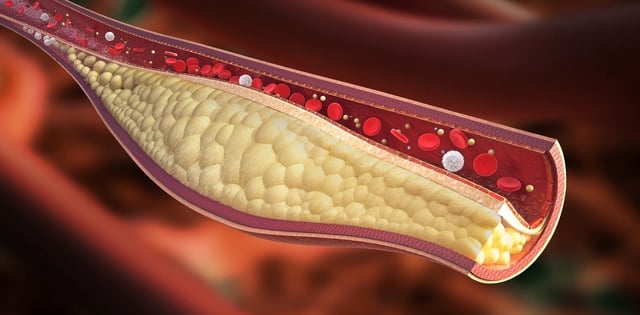Overview
- Researchers have identified propionate de imidazol (ImP) produced by gut bacteria as a causal driver of atherosclerosis through activation of the imidazoline-1 receptor that triggers arterial inflammation and fat buildup.
- A decade-long study of 3,000 bank employees by CNIC, Banco Santander and Fundación Botín provided human evidence linking blood ImP levels to early arterial changes, findings now detailed in Nature.
- In mice, ImP administration induced atherosclerotic lesions and blocking the I1R receptor prevented both ImP- and high-cholesterol diet-driven arterial disease.
- ImP measurement in blood offers a potential non-invasive, cost-effective biomarker for subclinical atherosclerosis compared with advanced imaging techniques.
- Teams are advancing efforts to develop ImP-based diagnostic assays and prepare I1R-blocking compounds for clinical trials as a new therapeutic approach.

